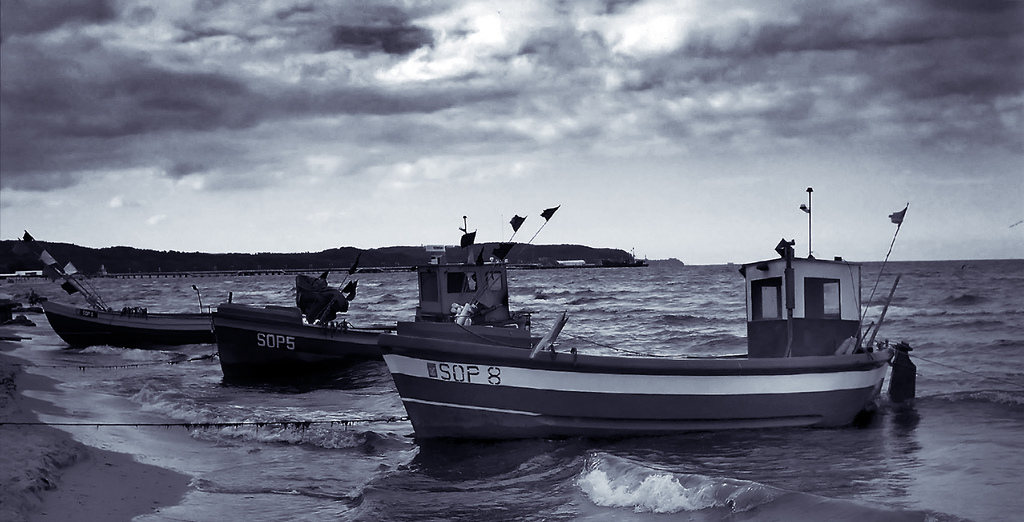A country mile
Our rural and coastal communities often feel their voices aren’t heard in politics. Turn on the television, the radio or read any newspaper and you’ll hear plenty of talk about Crossrail, the City, even the ‘northern powerhouse’. In contrast, you’ll...
Our rural and coastal communities often feel their voices aren’t heard in politics. Turn on the television, the radio or read any newspaper and you’ll hear plenty of talk about Crossrail, the City, even the ‘northern powerhouse’. In contrast, you’ll hear very little about coastal flooding, rural tourism, the fishing industry, access to (or lack of) broadband and mobile phone signal, and debates about renewable energies like offshore wind or tidal power. They may not be as visible in Westminster, but there is a lot happening in our rural and coastal communities, and government austerity is hitting them hard.
For example, with rising sea levels and changing weather patterns, flooding is increasingly the biggest threat to some of our coastal and rural communities. The 57 per cent real terms cuts in the Defra budget means agencies like the Environment Agency do not have as much funds to maintain flood defences. This is of course going to have – and anecdotally already is having – an impact on how we defend our rural, residential, small business and farming communities. Over the past few months I have been onto a couple of flood defences in my constituency. They are hugely expensive to build and maintain, but their importance is not underestimated by local residents and is a crucial investment in our national infrastructure.
Rural tourism is the lifeblood of many communities but to have a healthy tourism industry, you need tourists. Whilst there is very little we can do to compete with the weather of the Mediterranean, one of the biggest challenges we have in encouraging the UK population to holiday locally is ensuring they have money in their pockets. This is difficult when one in five jobs pay less than the living wage and working families are experiencing the biggest squeeze in living standards since the Victorian era.
Fishing might not be a topic which often comes up in Labour circles; but our values could really help revive a sustainable fishing industry. Small-scale fishing enterprises comprise the overwhelming majority of the fishing fleet – 77 per cent last year – and employ the vast majority of people in the industry. Yet they get only a tiny proportion, around 4 per cent, of the overall common fisheries policy quota. That means that the viability of many small-scale fishing businesses is jeopardised, despite these being the people who provide the most jobs in the industry and fish in the most sustainable ways. As it stands, the fish quota is largely controlled by a powerful minority. Recent reforms to the common fisheries policy have created measures that reward those who use more selective and low-impact fishing methods, but the responsibility now lies with implementation. Member states and our own government must act to ensure that small-scale fishermen get their fair share of the fish quota, because it will be better for jobs and better for the environment, and this must be a big part of our campaigning in the forthcoming EU referendum.
A big part of why rural communities are getting left behind is down to infrastructure. As an MP with a significant rural community I know that access to broadband is a huge issue which leads to great frustrations. We know that far too many parts of the country have no broadband coverage whatsoever. The government have missed target after target on basic and superfast broadband, and yet despite their record of failure, they are setting themselves another goal to miss: the ambition that ultrafast broadband should be available to nearly all UK premises. They plan to review progress against that ambition annually, starting in April 2016.
There are opportunities to close the gap if we are alive to them. Renewable energies, for example, offer great potential to our rural and coastal communities. Over the mouth of the River Wyre in my constituency two groups are competing to build a tidal barrage. This could offer a flood defence to my coastal community and green energy to a wider community. Off the North Lancashire / South Cumbria coast we will soon have Europe’s largest off shore wind farm at Walney. These projects should be offering more direct benefits to local communities – and government can, and should, do more to ensure that communities who welcome new green technologies reap more direct benefits.
It’s obvious to see that austerity and government policy has hit rural communities hard. Labour will have to reach out to rural and coastal communities over the coming years to ensure our offer in 2020 is one which speaks to them. And for any readers who live in coastal and rural communities – get out there and feed into our party’s policy on these matters. At the last election Ed Miliband said there should be “no no-go areas” and the next election we need to make that a reality.
Cat Smith is MP for Lancaster and Fleetwood and shadow minister for women and equalities
